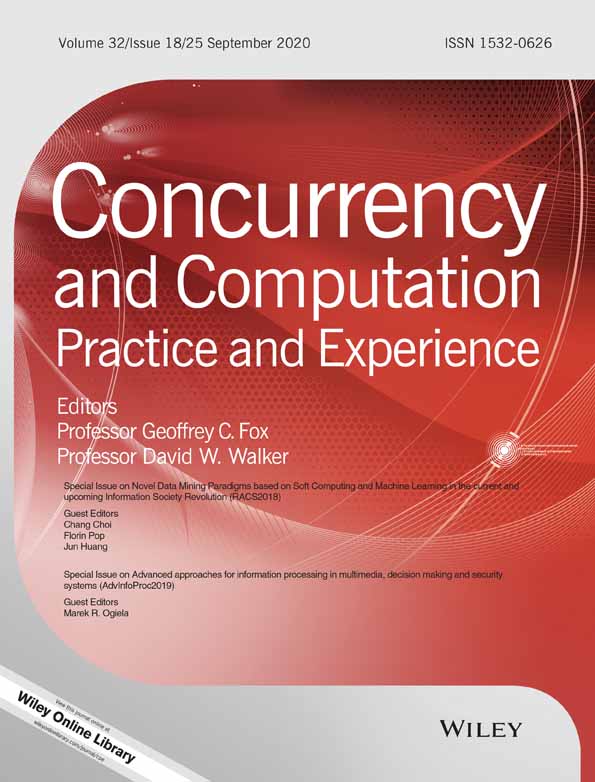Extraction of abstracted sensory data to reduce the execution time of context-aware services in wearable computing environments
Summary
Context awareness is a necessary technique for providing optimized services to users by recognizing their surrounding environment at a particular time. To provide context-aware services, a context-aware middleware is required to detect the changes surrounding the user as well as the processing procedure. However, when the context-aware middleware is applied to wearable computing, the processing time increases in proportion to the increase in the number of context information due to the lack of processing capacity from the terminal devices. To access the terminal devices, a specific context representation with Resource Description Framework–based triplet is used. Since the triplet consists of three keyword elements that refer to the status of a given situation around the user, retrieving these elements takes O(n3) time complexity with a linear search. To overcome this problem, a hash-based comparison method is suggested to minimize the response time. The suggested comparison method gives a better performance without searching every single keyword element among the triplet sets. In the experiment, we applied the suggested method to the context-aware workflow middleware and demonstrated that the proposed method improves the processing time by at least 30% compared with the linear search by enhancing the comparison module in the middleware.
CONFLICT OF INTERESTS
The authors declare that there is no conflict of interests regarding the publication of this paper.




